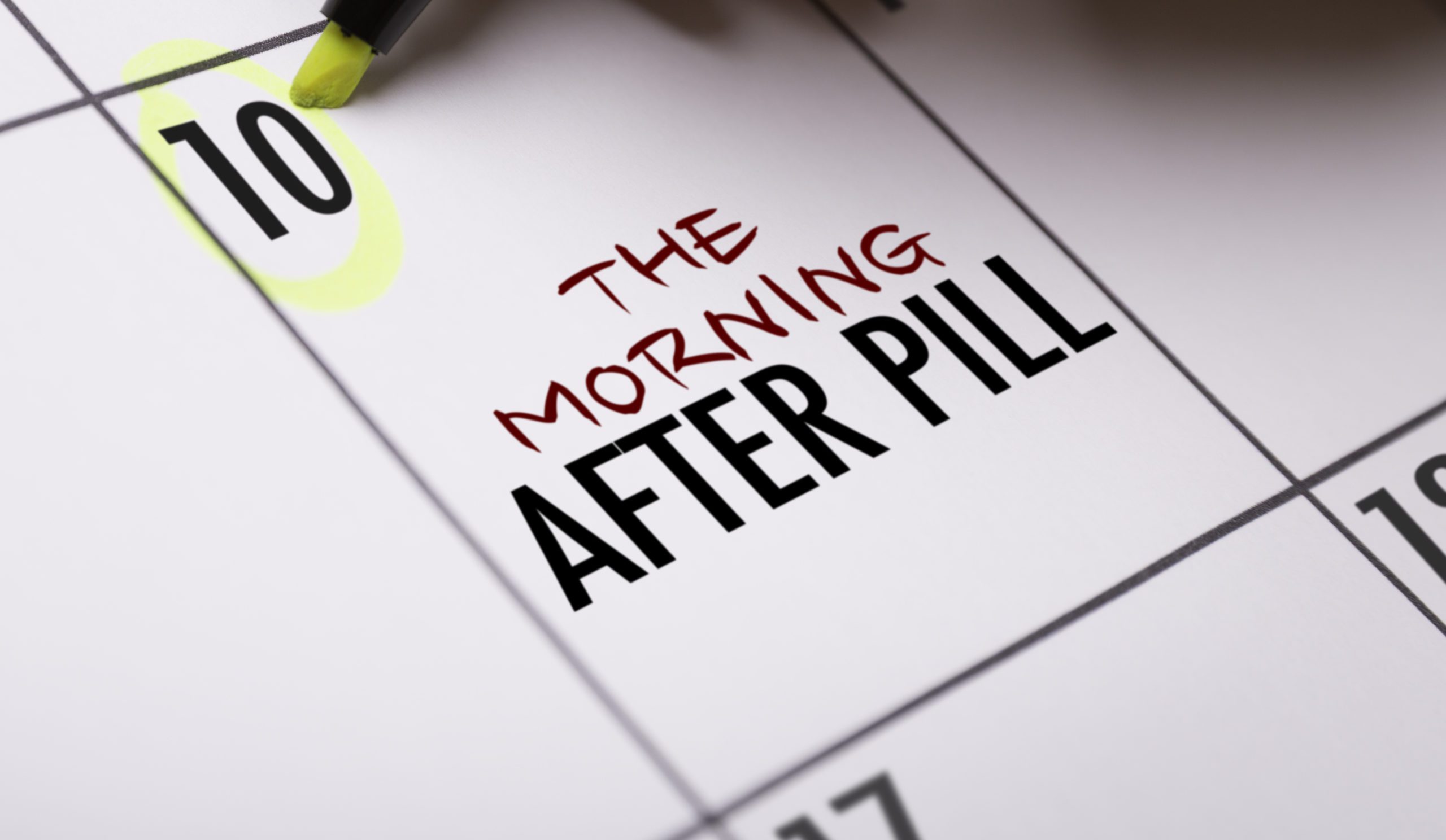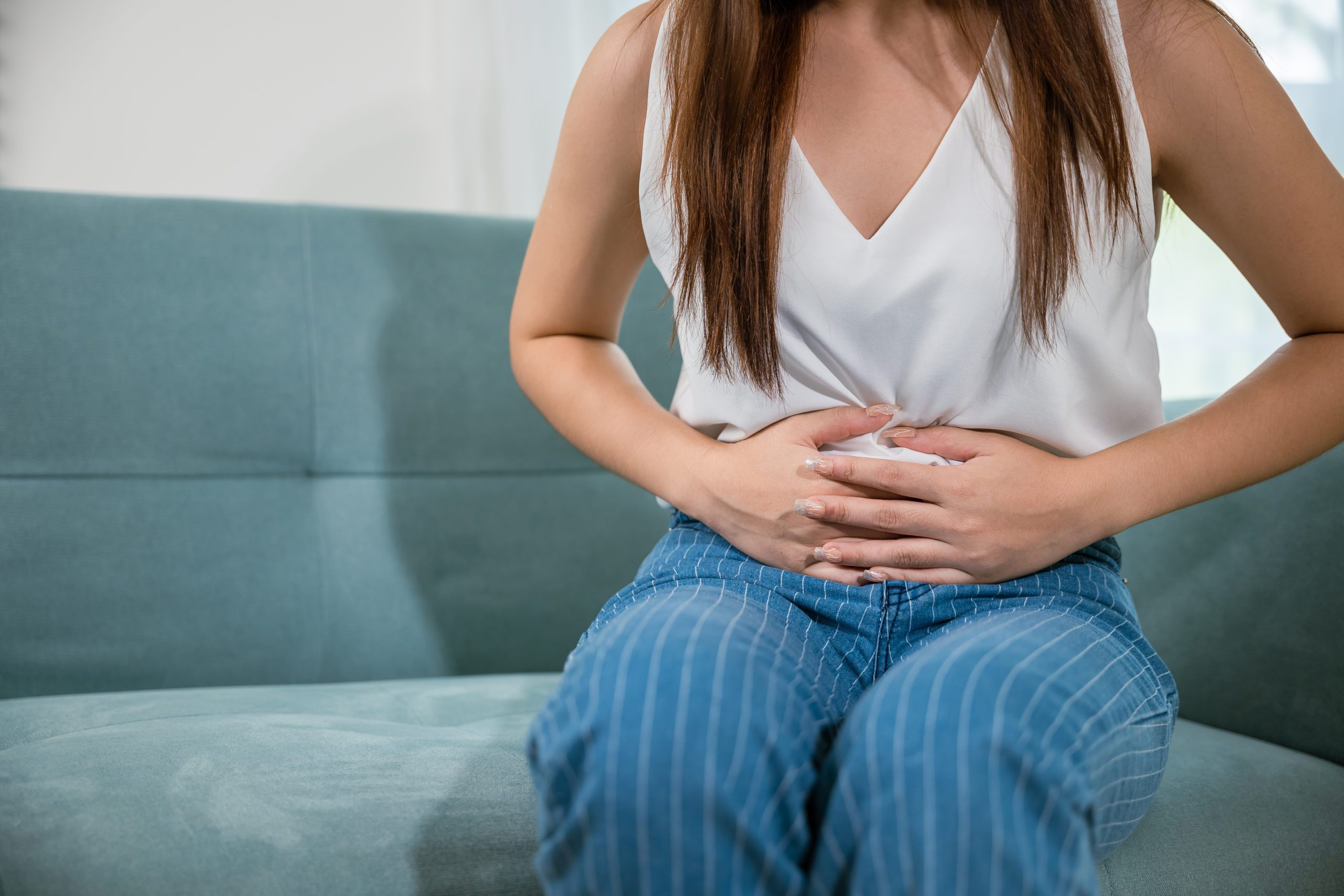There are countless ways to get pregnant accidentally, even when you try to practice safe sex.
You might have used protection, only to discover that the condom broke.
Birth control does fail, especially if you haven’t been taking it at the same time every day.
Worse, maybe you didn’t have control over your sexual encounter.
You might not remember everything that happened that night, including whether your partner used protection. Or maybe you know he didn’t when he forced you into sex you didn’t want.
In these situations, and others like them, you need to know whether the morning-after pill is the right choice.
In this blog, we’ll help you understand how emergency contraception works and whether you should use it to prevent pregnancy.

How does the morning-after pill work?
The morning-after pill, also called emergency contraception and Plan B, is a type of emergency birth control.
If taken within 72 hours after having sex, it can reduce your chances of getting pregnant by 87%. It works even better when taken within 24 hours, but it may also prevent pregnancy if taken up to 120 hours after sex.
This medication works in two main ways:
- Preventing your ovaries from releasing an egg
- Keeping sperm from fertilizing your eggs
The morning-after pill might prevent fertilized eggs from implanting in your uterus if you’ve already ovulated, but there’s no guarantee. Plus, if the egg has already implanted, emergency contraception won’t end your pregnancy.

The side effects of emergency contraception include:
- Nausea
- Vomiting
- Dizziness
- Headache
- Fatigue
- Abdominal pain/cramps
- Breast tenderness
- Bleeding between periods and/or heavier periods
- Periods that are delayed by up to seven days
Additionally, researchers don’t know what happens if you use this medication frequently for a long period of time. Since it interferes with your hormones it’s not meant to be used as birth control.
Should I take the morning-after pill?
You should only take the morning-after pill if you have recently had sex and are at high risk for an unplanned pregnancy. For example, you might take emergency contraception if:
- The condom, diaphragm, or cervical cap broke, slipped, or was used incorrectly
- You didn’t take your birth control or haven’t taken it consistently
- You had unprotected sex, even with pulling out
- The spermicide didn’t melt fully before sex
- You aren’t sure that your partner used protection
- You were raped

You shouldn’t, however, rely on the morning-after pill as a “just in case” option. At our clinic, we often see women who got pregnant even after using emergency contraception. It doesn’t always work, so we recommend taking more effective precautions against pregnancy.
Abstinence, for instance, is the only 100% effective way to avoid pregnancy. You can’t get pregnant if you don’t have sex.
Condoms help protect against pregnancy, though they also have a seven percent failure rate. You can lower your risk of getting STDs by using a condom as well. Unfortunately, they don’t fully protect you from sexually transmitted infections.
Taking birth control can also lower your risk of getting pregnant as long as you take it consistently.

Tracking your fertility is a great way to know when your chances of getting pregnant are higher than usual.
No matter how you choose to lower your pregnancy risk, you should never use the morning-after pill as birth control. Since it can fail and may present health risks over long-term use, emergency contraception should be your last resort.
Instead, plan ahead so you won’t need to rely on this medication. If you don’t use contraception or you aren’t happy with your birth control, speak with your doctor. They will help you find different, more effective ways to prevent pregnancy.
Does emergency contraception prevent STDs?
No, the morning-after pill will not protect you from STDs. If your partner has a sexually transmitted infection and you had unprotected sex, you should get STD testing ASAP.
To protect yourself from infections, always use condoms or other types of protection when having sex.
Will the morning-after pill end my pregnancy?
No, the morning-after pill and all other types of emergency contraception are not abortion pills and will not end your pregnancy. Once a fertilized egg has implanted in your uterus, it is too late to use the morning-after pill.
Think you might be pregnant? Get answers at Thrive Orlando.
Emergency contraception doesn’t always work. Regular birth control can fail too.
If you’ve been having pregnancy symptoms, you should take a medical-grade pregnancy test and get an ultrasound to know for sure.
We offer these services for free at our clinic, along with free STD testing and treatment. You will also get the chance to learn about all of your pregnancy options and ask any medical questions you might have.

